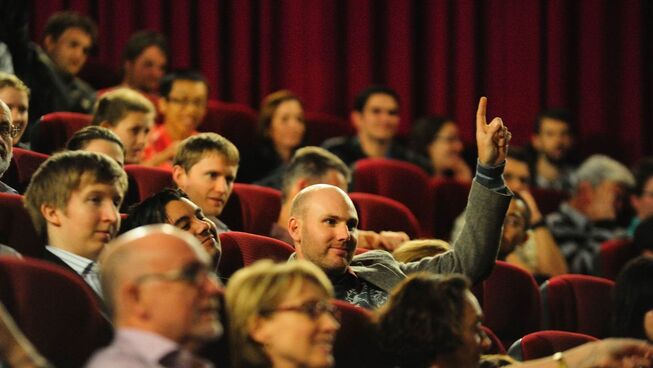Do you believe in human freedom?


Do you believe in human freedom? Do you believe in the idea of human moral independence? Do you believe we are able to make our own decisions? If you believe these things a surprising implication follows: you want the Christian doctrine of sin to be true! How strange is that?
At first blush, the idea that there is ‘sin’ seems incompatible with human freedom. Surely, the idea of sin where some actions or thoughts are defined as bad or wrong cripples human freedom, right?
Strangely, not so. The idea of sin actually underwrites the idea that human beings are moral agents who make choices. Frank Furedi’s article in the Weekend Australian got me thinking about this. He writes about our modern disposition for describing major sexual infidelities as addictions.
In fact he says that all sorts of ‘bad habits’ (his words) are being classified as medical problems that need treatment and not as acts of moral failure. The language used to describe Tiger Wood’s, um, er, bad habit of being an adulterer certainly meets Frank Furedi’s observation.
I understand why we want to view moral failings, especially systemic ones, as addictions. This strategy removes guilt and wrong doing. ‘Sure, the behaviour was wrong, but it wasn’t my fault. My addiction made me do it. I just need some treatment.’ The addiction is a disease and so isn’t my fault, which is wonderful; What a good way to live guilt free. And, in the case of Manchester United soccer player Ryan Giggs, or rather his wife, Stacey, it seems it enables her to not feel personally betrayed. It wasn’t Ryan’s fault.
However, the downside of moral failure defined as addiction is that it removes moral responsibility. If the problem is the addiction and not my decisions then I’m not responsible. Sounds good, right?
Well, not once you think through the implications. This means that people must not be acting according to their choice, nor their moral decision, nor their human freedom. Rather, they are dancing to the code of their biology or DNA or disease or whatever. People are no longer free but slaves or ciphers to something else. People are no longer moral or immoral agents because they are not agents.
So it seems we have to make a choice. Either people are moral agents who are responsible for doing right and wrong and so are ‘authors of their destiny’ (using Furedi’s words). Or people are not moral agents but mere ciphers for their biology and its diseases and so not responsible but also not free. What will we choose, freedom and sin or guiltlessness and captivity?
I think most of us think that people are moral agents who do decide right and wrong, in which case, you endorse the idea of sin. Sin refers to the thought or act of doing wrong, which someone chooses to do or think and for which they are responsible and, ultimately, accountable to God. (These acts or thoughts arise from an attitude toward God, this is also sin, but also needs another post.) Okay, you might not like the God part, but nonetheless the idea that there is moral right and wrong and that people make decisions about how they act is the idea of sin.
Frank Furedi’s article is worth a read. However, at a significant point I became quite bewildered. Why did Furedi base the idea of human moral accountability as arising with the Enlightenment? I would have thought that at least 1700 years earlier when Jesus called on people to repent he was calling them to recognise their moral accountability and make a decision about it. He wanted them to turn back to the God who loved them through him.

